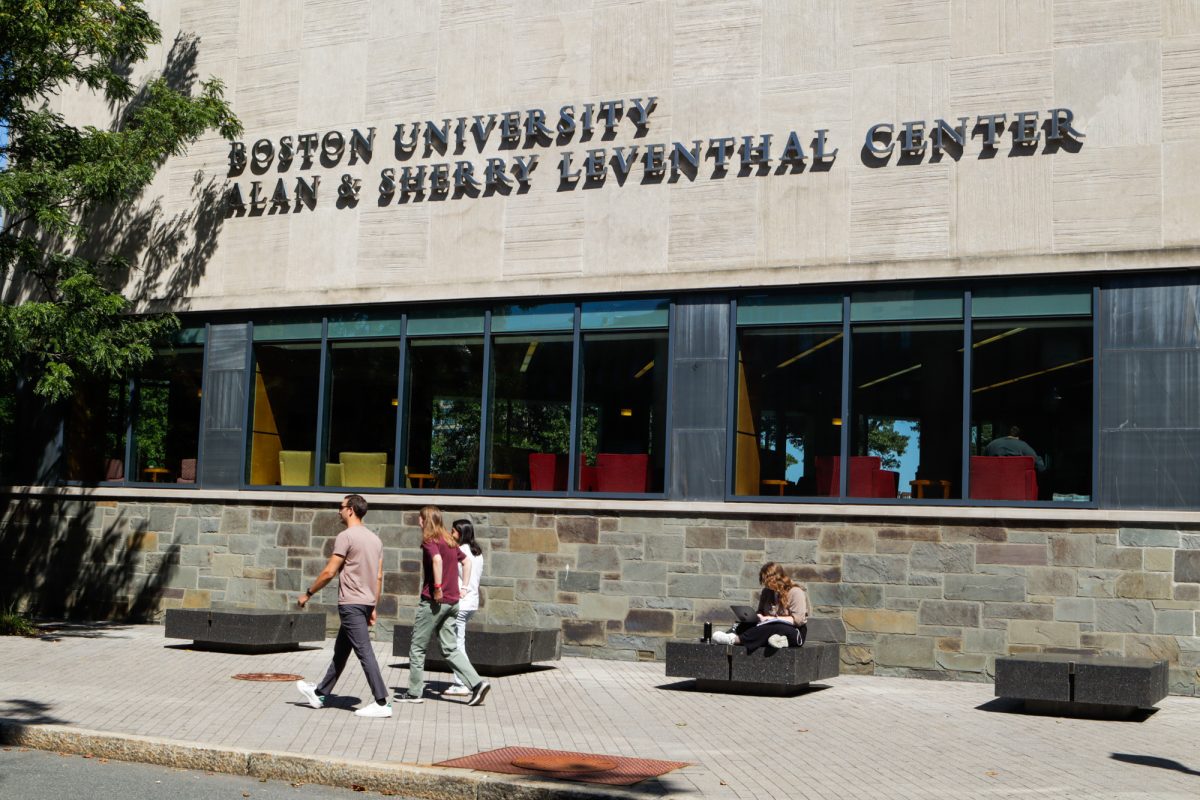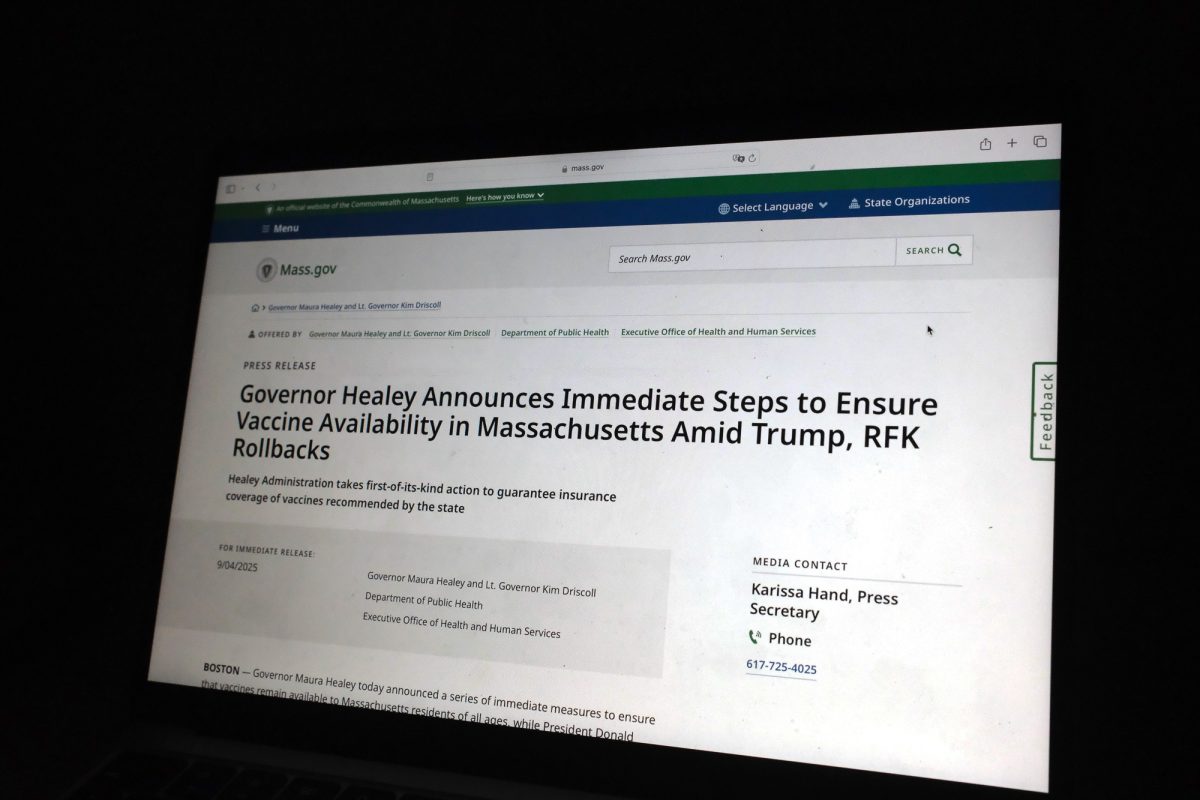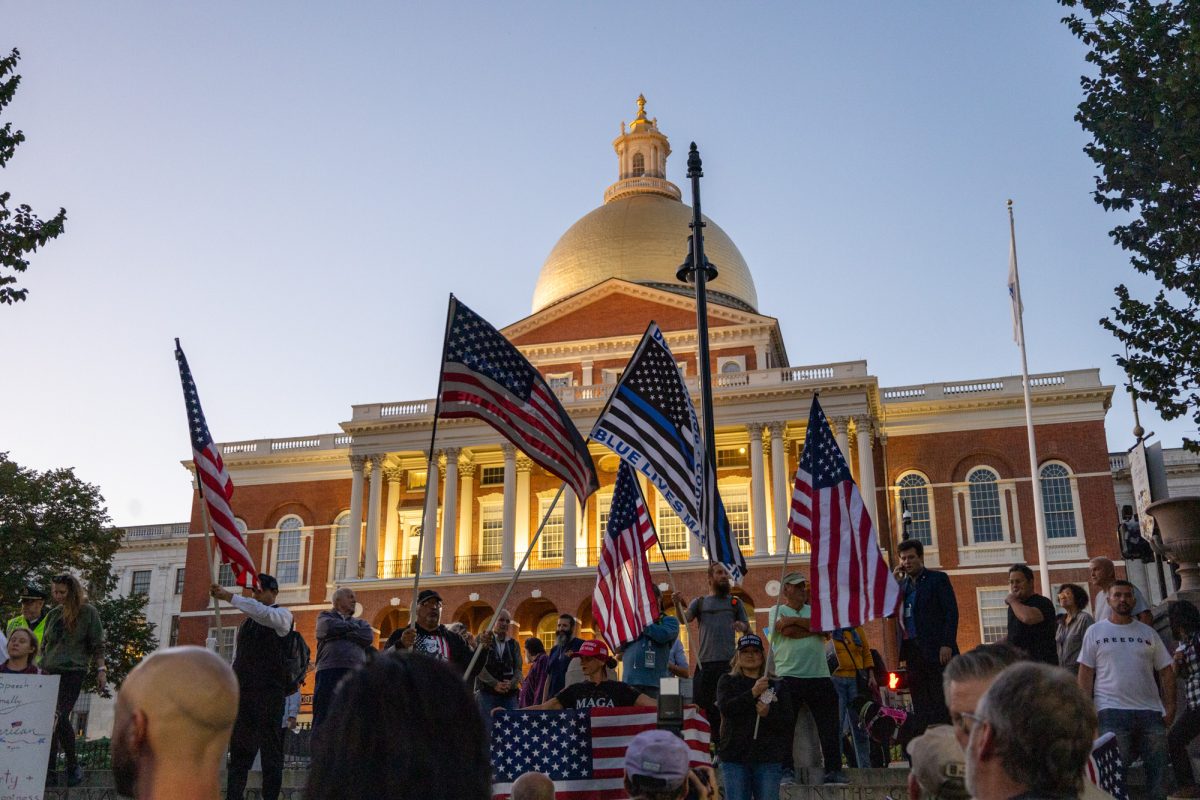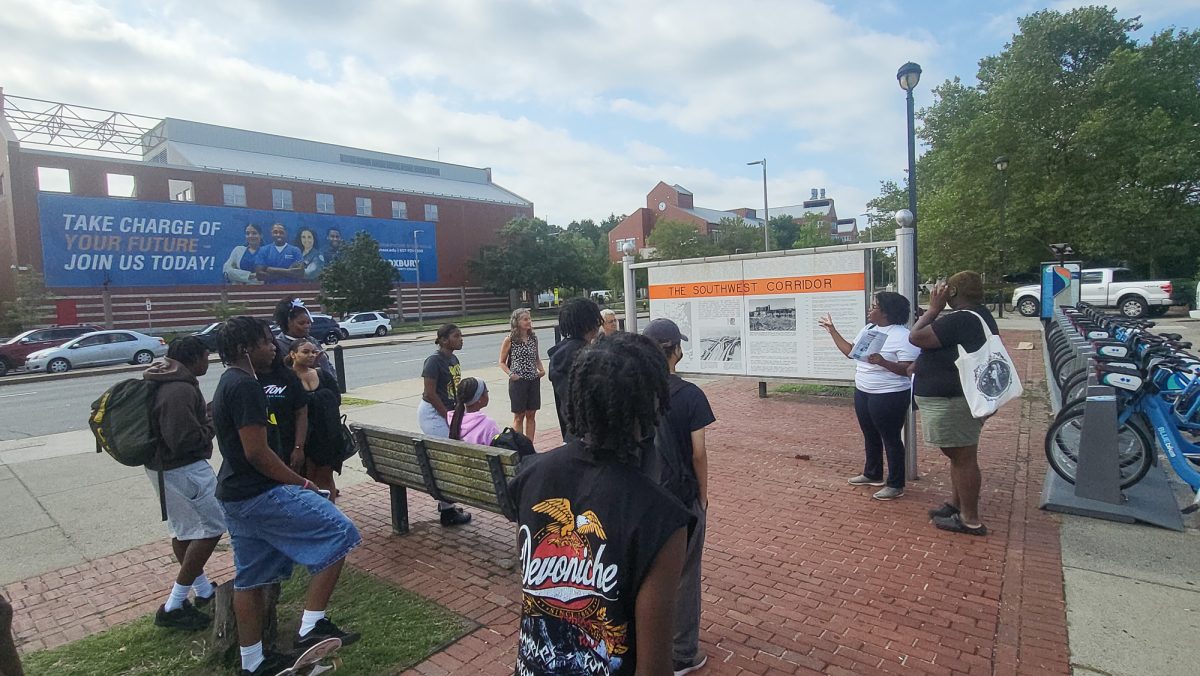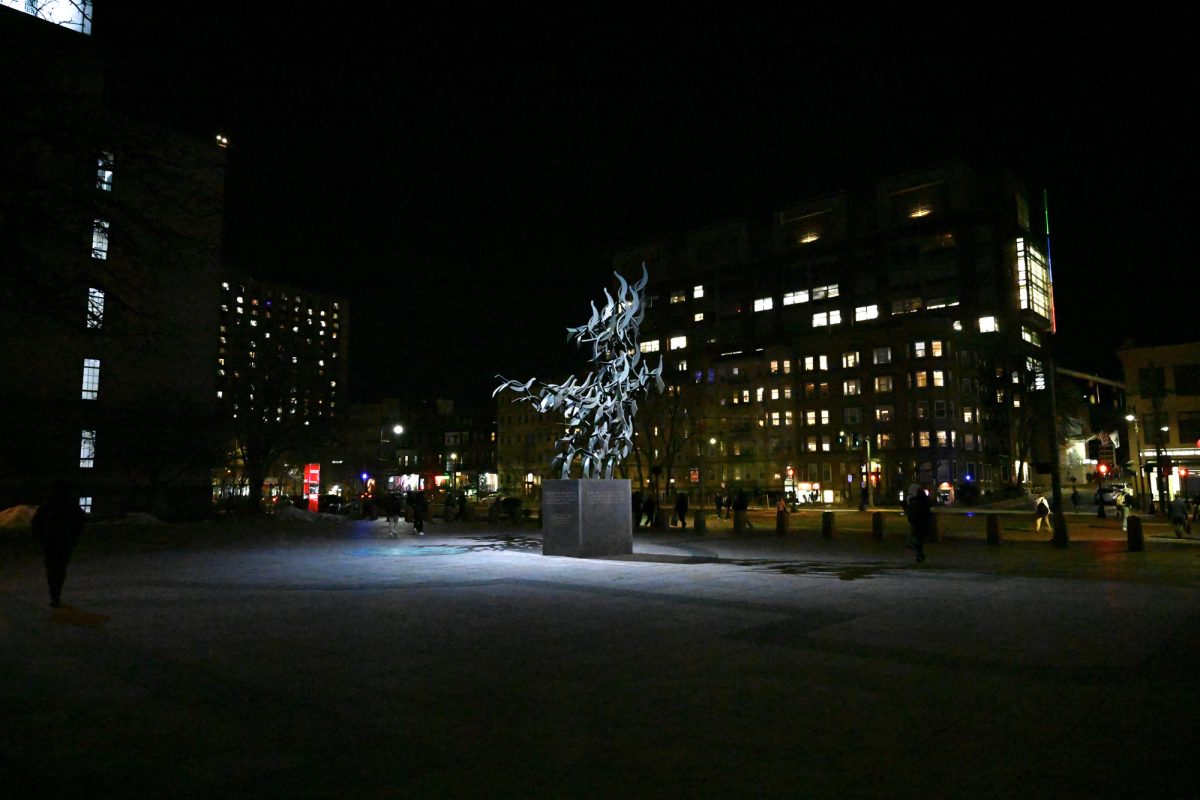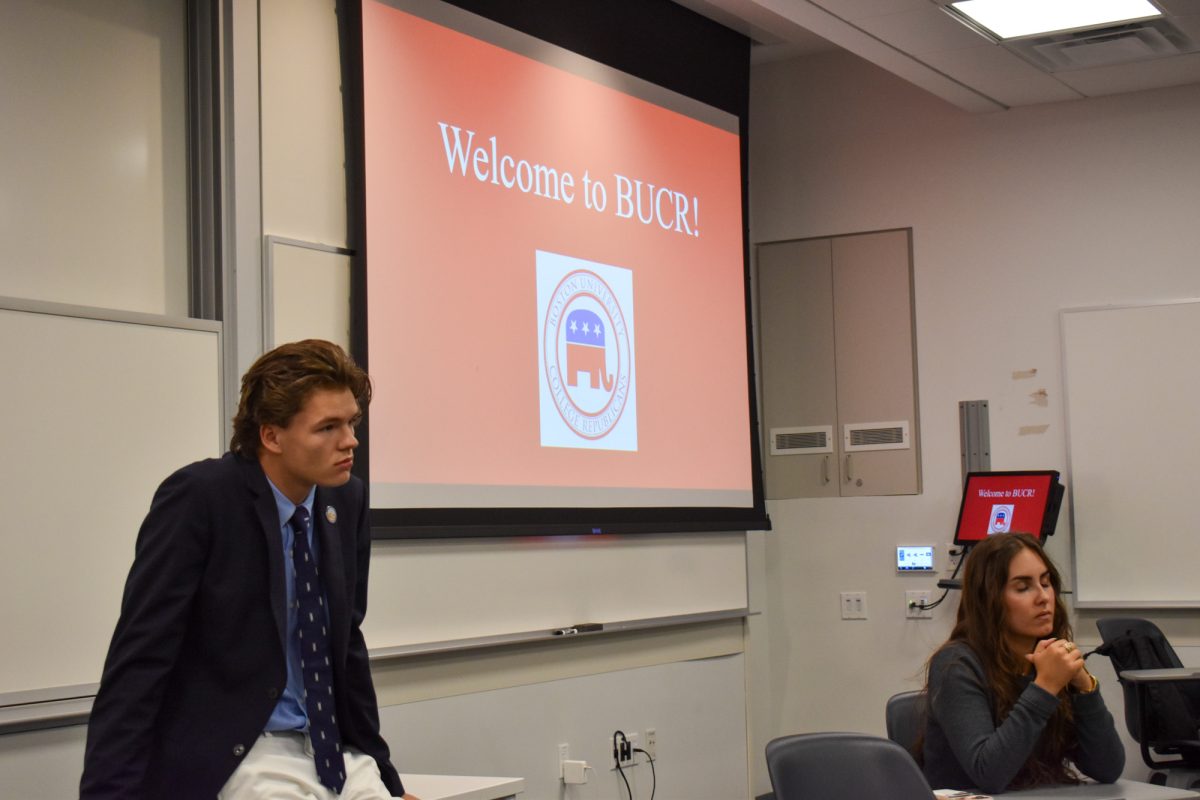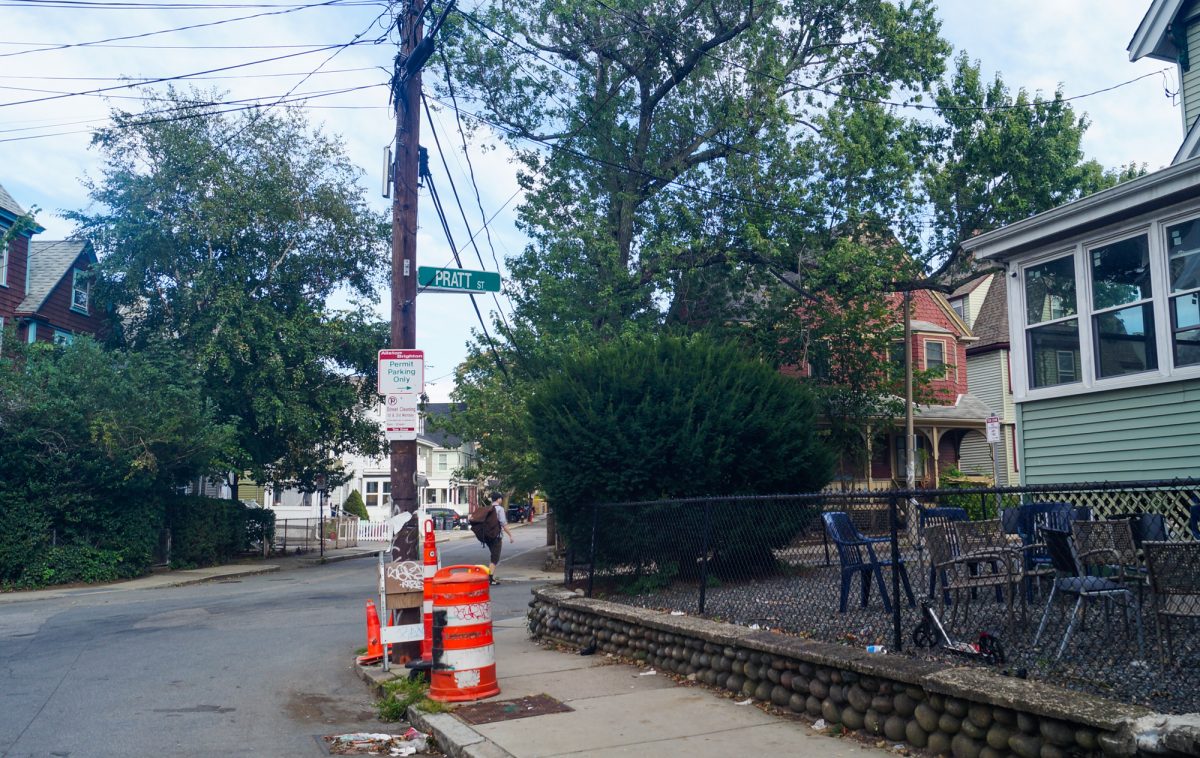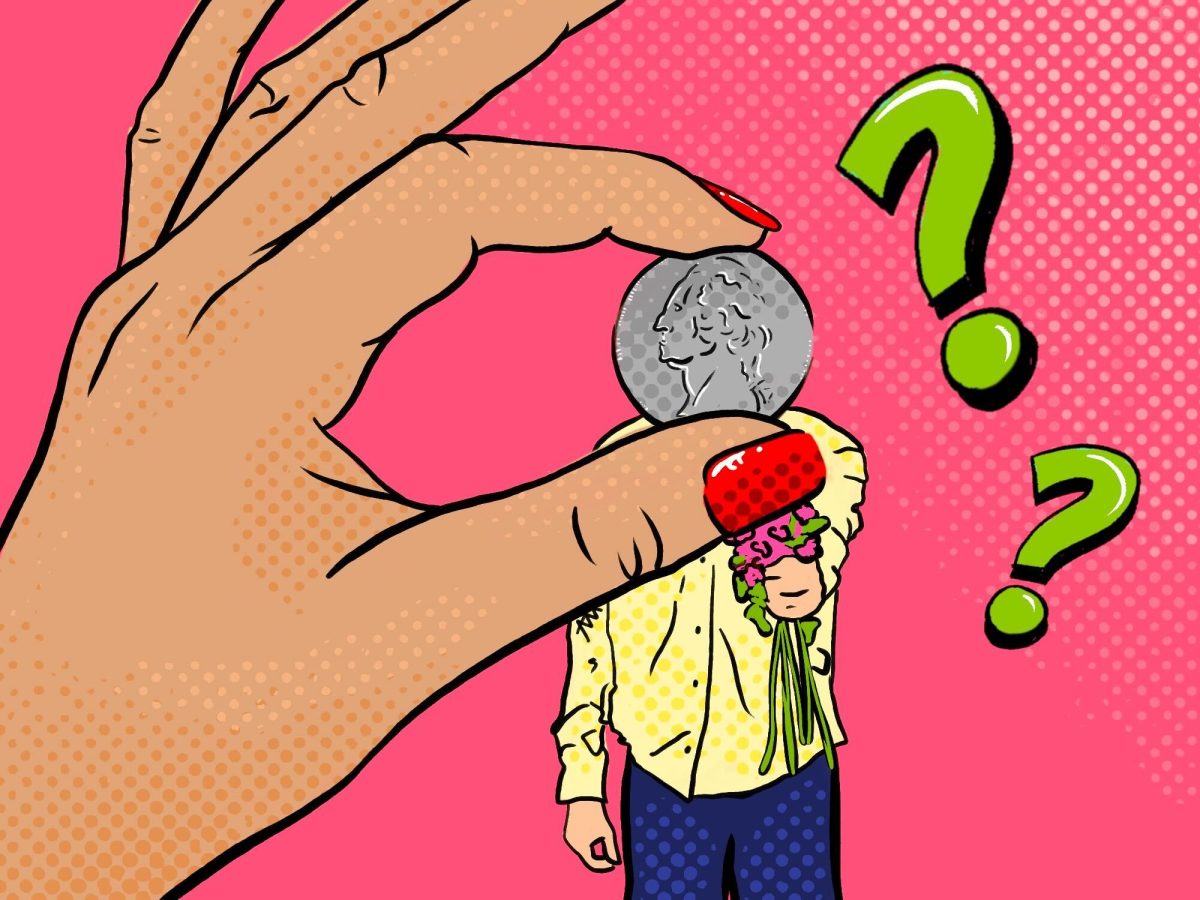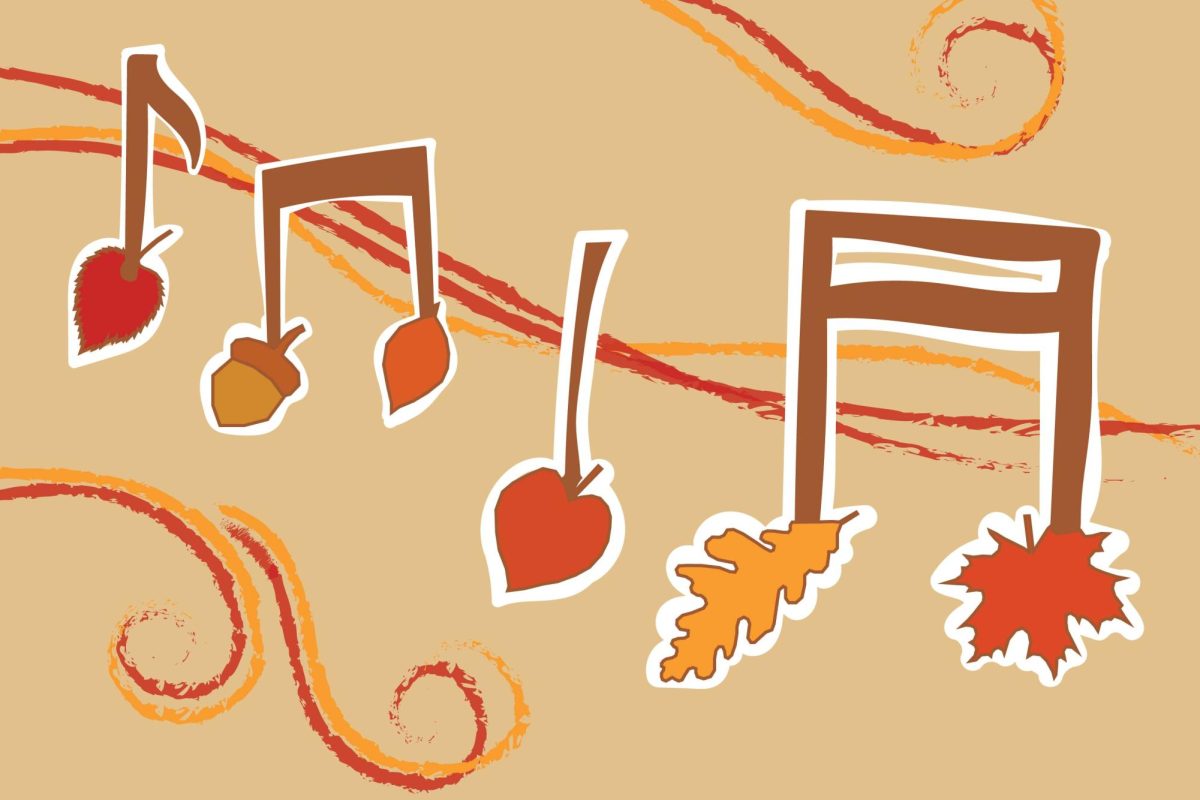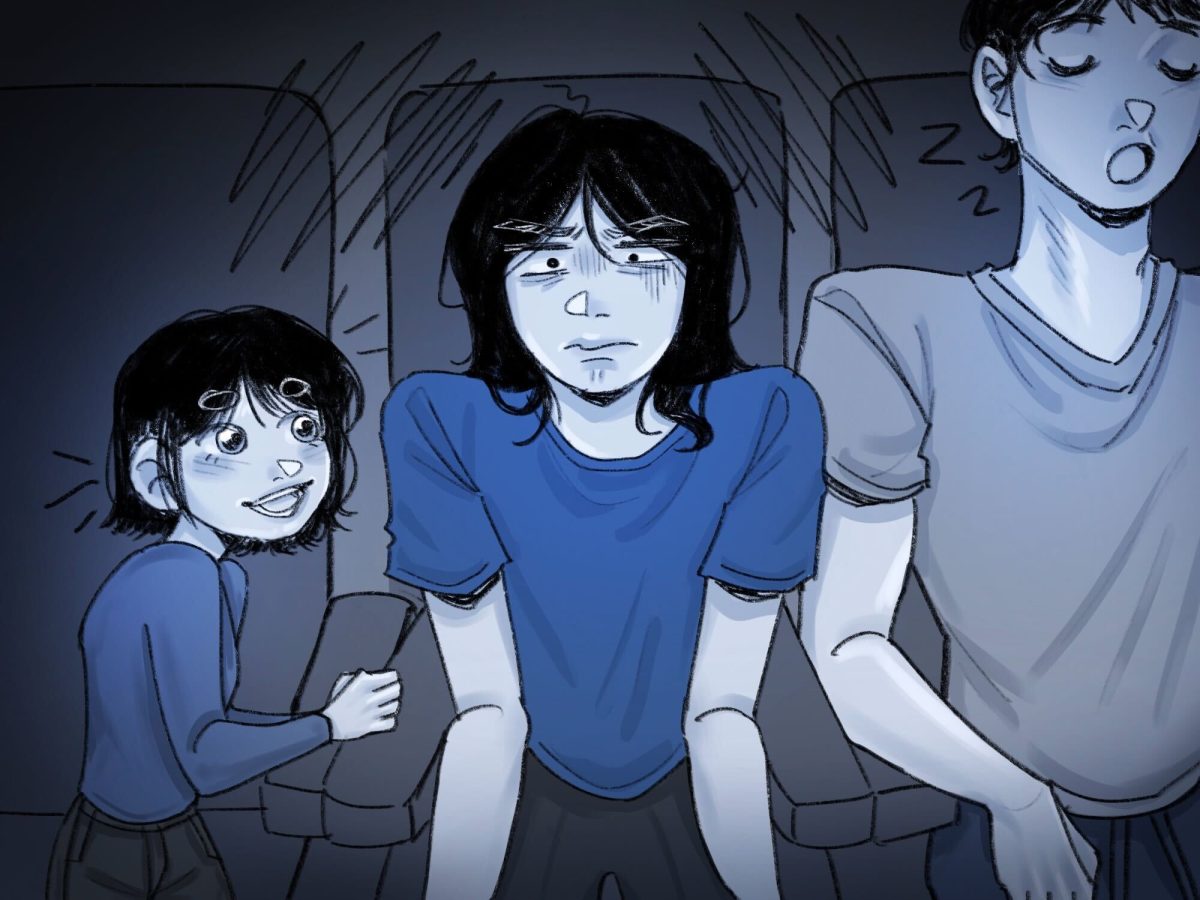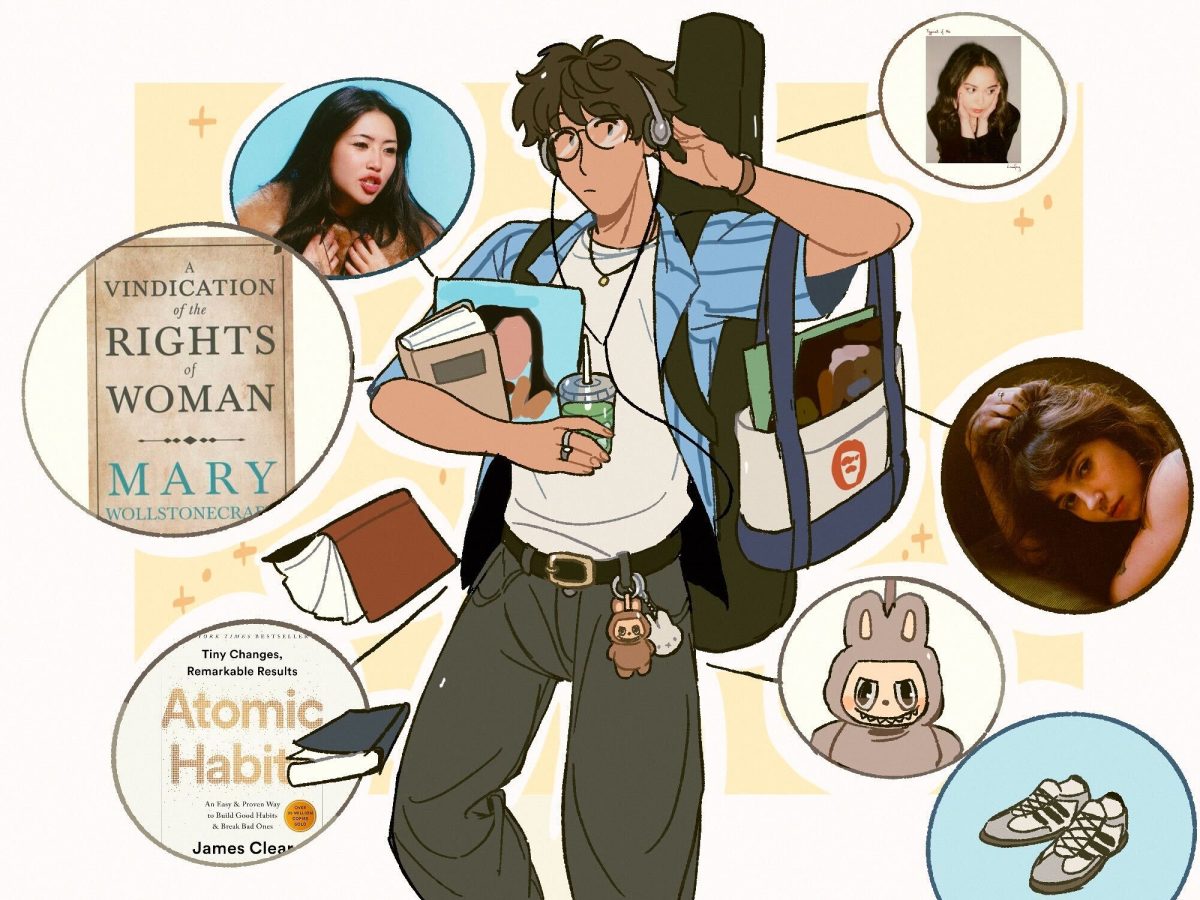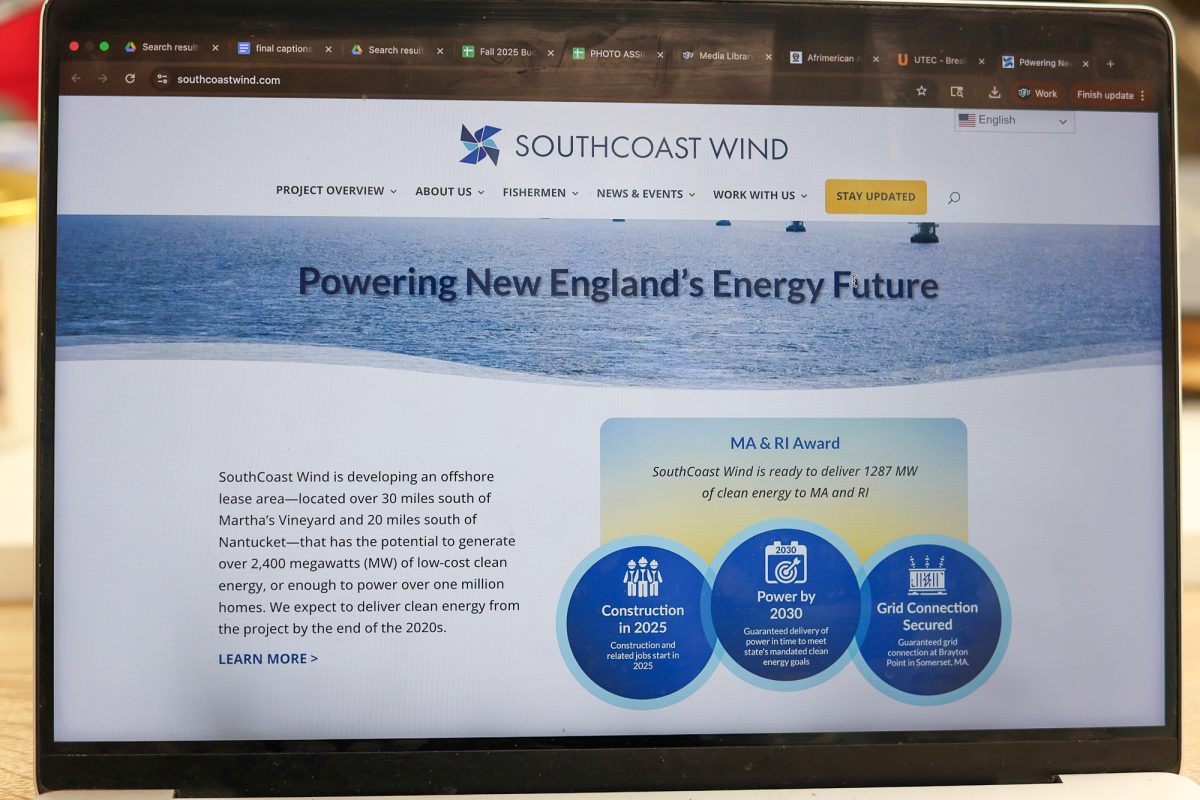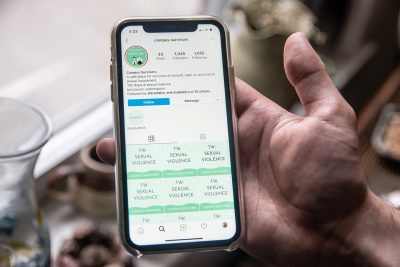
A group of Boston University students is aiming to raise sexual violence awareness through @Campus.Survivors, an Instagram account that shares anonymous sexual violence experiences among college students.
Within five days, the account amassed a following of more than 1,000, with followers from within the BU community and beyond.
Campus Survivors allows sexual violence survivors at colleges across the U.S. to share their stories by either direct-messaging the account or filling out an anonymous Google Form. The account has circulated more than 30 submissions as of May 17.
On May 9, the Instagram account @bu_gigs invited students to share discriminatory behavior they faced while at college, but it quickly expanded to include sexual harassment and assault. However, in a May 12 message, BU gigs wrote that it would discontinue its “My experience” category and encouraged someone to start an account dedicated to sexual violence stories alone.
“I’ve come to realize that stories like this need their own platform that’s not already saturated with other categories,” the message stated. “I still believe in the value of sharing these posts.”
In response, College of Arts and Sciences junior Prisha Sujin Kumar — inspired by her past experience with BU administration for a related issue — founded Campus Survivors May 13. She aims for the account to serve as a safe space.
“That was the primary goal, just allowing them to speak into a void essentially and be able to let go some of that weight,” Sujin Kumar said. “People in the comments usually are very encouraging and they try to support the survivors. It’s a good environment.”
BU gigs connected the three other Campus Survivors administrators with Sujin Kumar after they too reached out to help.
Along with posting survivors’ messages, Sujin Kumar said the account administrators will also reach out to ask how that person is doing and ensure they know what resources are available to them.
Lily Stone, a senior in CAS and account administrator, said this is an important step because some people don’t know where to go. The account is in a unique position to help, she said, because it is run by peers.
“On campus, I know what [the Sexual Assault Response and Prevention Center] is but I don’t know how to come in contact with them, where to find them,” Stone said. “It’s easier to take in that information over a private message, instead of really trying to put yourself out there and find something that you don’t know anything about.”
Account administrator Sophia Kim, a sophomore in CAS, said she has been researching resources available for sexual violence survivors. She realized that some schools don’t offer any, and this inspired her to create a list of them to help survivors avoid being silenced.
“It’s really disorienting and it’s traumatic what happens, and a lot of people end up trying to bring their cases forward one or two years later because it’s so hard to talk about and no one knows what to do,” Kim said. “If they reached out to the right resources… like a local hospital where they could get a rape kit or something like that, that would have been so much easier.”
In each post, the administrators also tag the official university account for where the incident occurred as well as any organizations involved. Sujin Kumar said she initiated this in the hopes of grabbing universities’ attention.
“To my understanding, all these organizations already knew that this happened. They had been reported,” Sujin Kumar said. “I was frustrated because I was like, ‘Okay, you know, and you’re not doing anything.’ It was more to tell them more publicly: this is a problem, you should try fixing it, especially if you do care about it.”
CAS sophomore Yashica Kataria, an account administrator, said direct messages from those who come forward are deleted immediately to protect them in the event that the account is hacked.
Kataria said making the account public, whereas the BU gigs account is private, was important for not only opening the floor to all survivors but also for tagged accounts to see its posts.
“If it’s private,” Kataria said, “they won’t be able to look at our posts and see ‘Oh, this is a real issue and this isn’t happening just once, it’s happening multiple times to multiple people in multiple situations there needs to be something done about this.’”
Campus Survivors has also started a working relationship with BU Student Government organization 16,000 Strong. The group currently hosts events such as workshops with fraternities, annual self-defense classes with the BU Police Department and an annual tailgate with the women’s hockey team to raise awareness.
Reid Rothman, vice chair of 16,000 Strong and a junior in the Pardee School of Global Studies, said he thinks the collaboration with Campus Survivors will foster more sexual violence awareness on campus and increase student involvement.
“They offer us an outlet to be heard,” Rothman said. “In Student Government, we have more of an official voice on campus. The goal is to really just combine to have an even stronger voice because we’re stronger together.”
Rothman and the Campus Survivors administrators said they would like to continue a partnership once campus reopens.
The administrators also said they are interested in expanding Campus Survivors beyond Instagram but are unsure right now of what that will look like.
A senior in the Wheelock College of Education and Human Development who asked to remain anonymous wrote in an Instagram direct message that the page provides what family and friends cannot at this time of social isolation.
“As someone who was sexually assaulted during quarantine,” the student wrote, “I’ve found it nice to read the stories and I’ve found comfort in them.”
Katie Barnes, a junior in CAS, said she started following Campus Survivors to keep sexual assault at BU on her radar.
“Nothing like that has ever happened to me at BU,” Barnes said. “I just wanted to make sure that I was listening to people that have experienced that and just being aware of what was going on on campus.”
Barnes said she likes that Campus Survivors tags the schools and student organizations affiliated with each story and thinks it will help spread the word.
“I think hopefully if enough students are aware of it and know that it happened at the school,” Barnes said, “then we can hopefully convince them to take sexual assault more seriously.”

